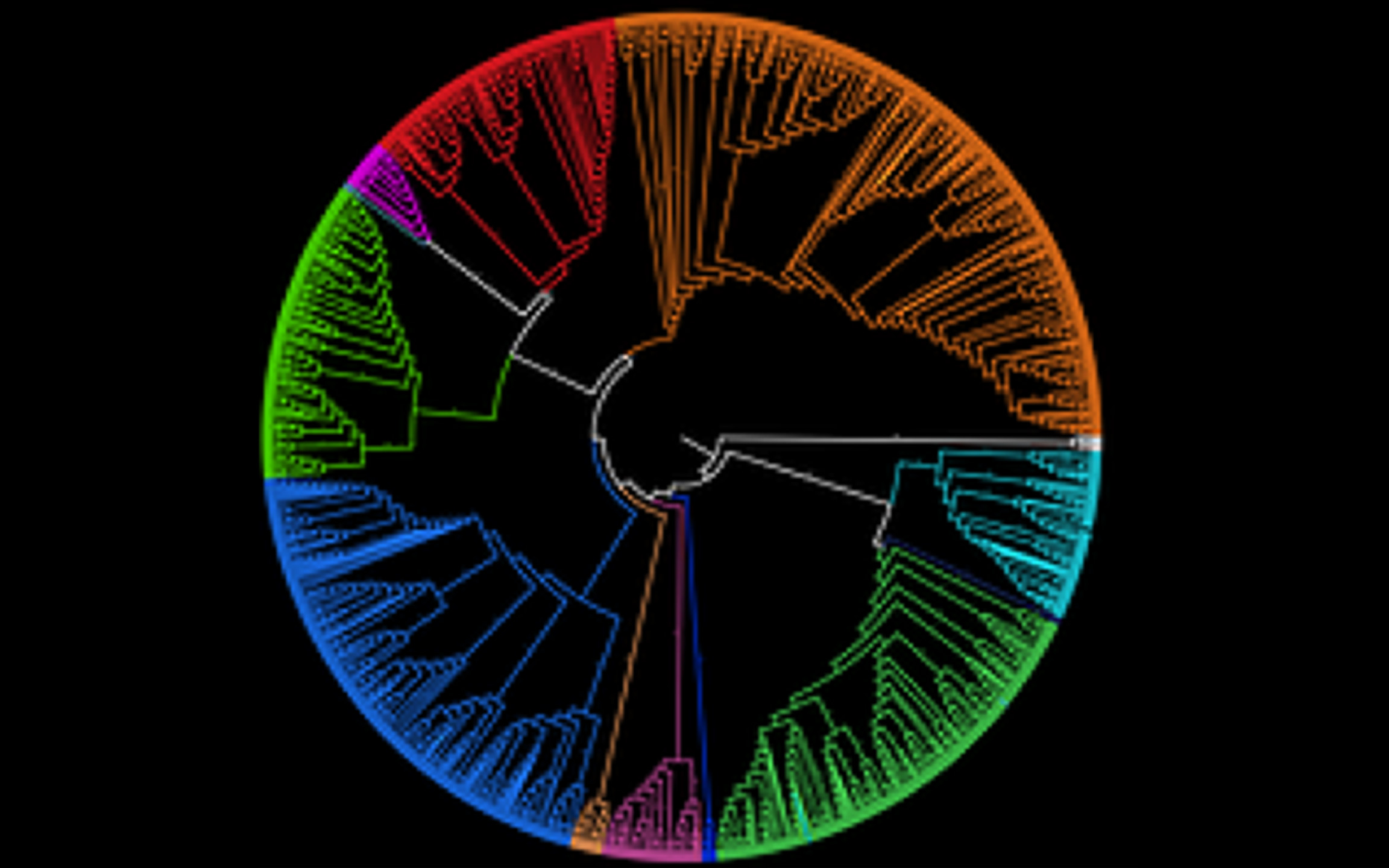- Title: Convergent Evolution and Diversification of the Crab Body Plan Over 200 Million Years
- Principal Investigators: Heather Bracken-Grissom
- Funding Amount: $473,051
- Funding Source: National Science Foundation
- Timeline: 08/01/19–08/31/22
This project addresses a fundamental question in the study of life: can we predict the evolutionary success of animals based on their forms? Crabs are one of the most iconic groups of invertebrates, playing an integral role in aquarium trade, fisheries, and aquaculture, and are celebrated in cultures around the world through festivals and parades. This research aims to build the tree of life for all known living and fossil crab families, to investigate how these animals have changed over 200 million years of history.

The typical body form that characterizes crabs has evolved separately several times from lobster-like ancestors, and also has been lost several times in different groups of crabs. The new crab tree of life will reveal whether the independent gains and losses of the crab shape predict the immense biodiversity and ecological versatility of the group. The inspiring diversity of crab form and function will engage high school students through museum activities, and undergraduate students in primary research and classroom modules incentivizing critical thinking. Fieldwork will be conducted in Panama, where a training course in tropical crab taxonomy will immerse US and Latin American scientists in the techniques used to expand and investigate the crab tree of life.
Learn more about this project from our CRUSTOMICS: Crustacean Genomics and Systematics Lab.
Also, read more about this project in FIU News or read about how Bracken-Grissom has a crab named after her.
Team
Principal Investigators
Heather Bracken-Grissom
Associate Professor; Assistant Director, Institute of Environment
305-919-4190; Lab 305-919-5838
hbracken@fiu.edu
MSB 361
